Speakers
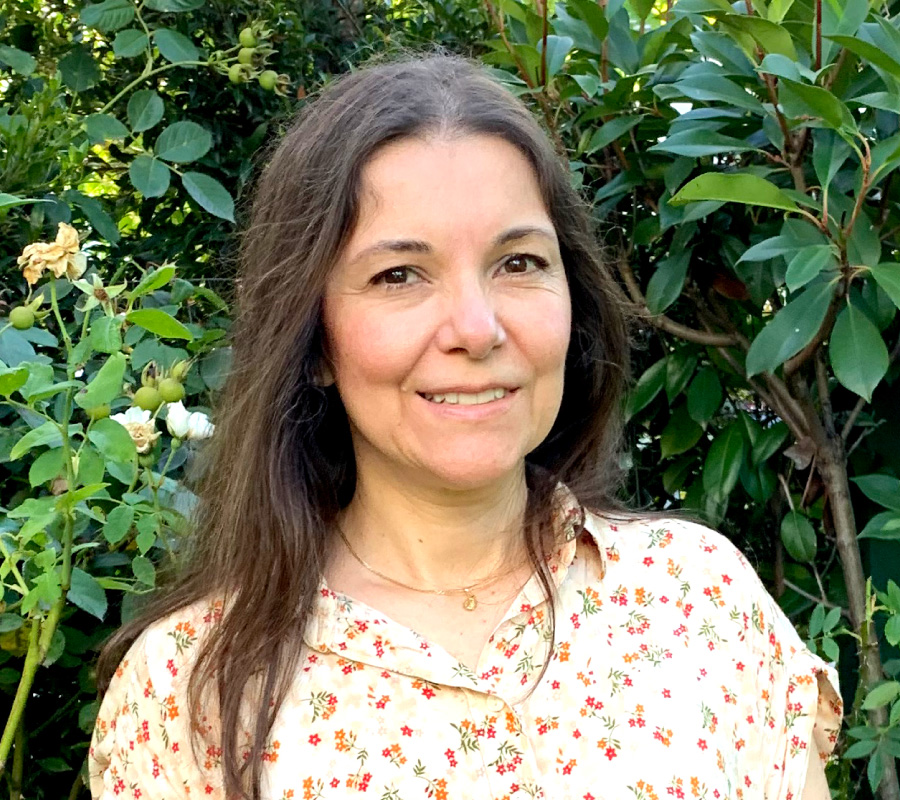
Session 1
Marvaldi, Adriana E., Dr.
I am Principal research scientist of The National Scientific and Technical Research Council (CONICET, Argentina), working at the Entomology Division of the Museum of La Plata. I studied Biology and earned my Doctorate at the Faculty of Natural Sciences and Museum of the National University of La Plata. I did a postdoc at the Museum of Comparative Zoology of Harvard University and started my career and have worked for two decades at the Argentine Dryland Research Institute (IADIZA) in Mendoza. Since 2015 I perform my research at the Entomology Division of the Museum of La Plata, where I continue pursuing my interests in Coleoptera systematics and evolution, particularly weevils (Curculionoidea). I have been involved in the supervision of postgraduate students and have worked on several international collaborative projects dealing with beetles, for example in the identification of weevil species that are potential biocontrol agents for aquatic weeds. My publications were initially centered on the comparative morphology and biology of weevils and the use of their characters, from adult and immatures stages, in phylogenetic reconstruction. I focused on the integration of molecular evidence to resolve systematic problems, at various taxonomic levels, and to study evolutionary biology of phytophagous beetles.
Participate in the session Taxonomy and biological control
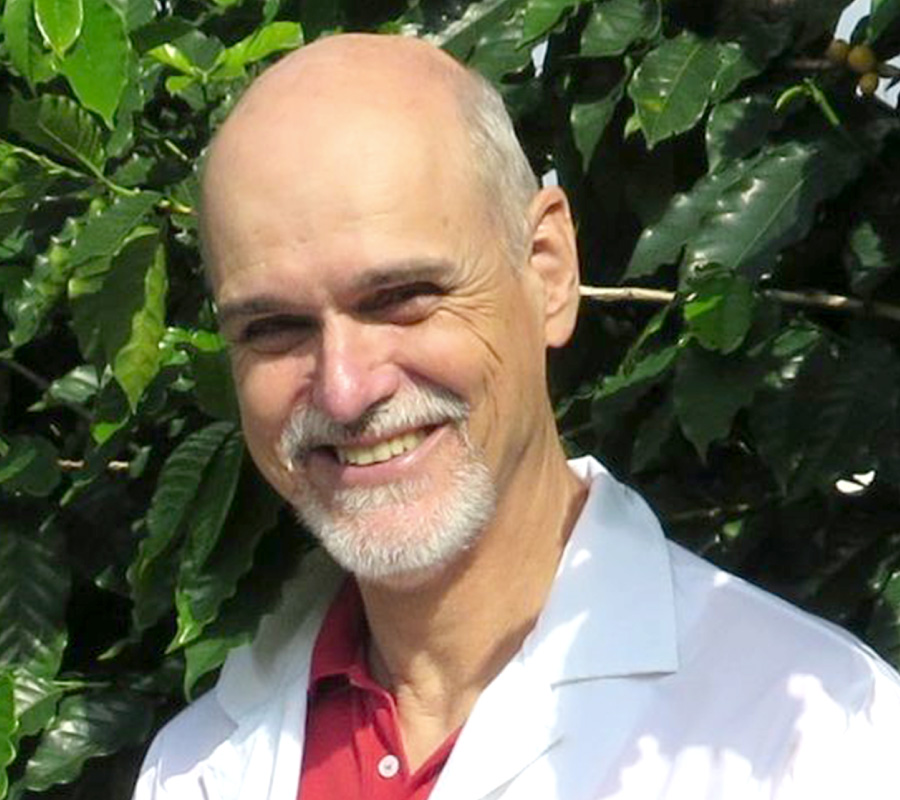
Session 2
Barreto, Robert, PhD
Trained at the Universidade Federal Rural do Rio de Janeiro (Brazil) – agronomy; University of Reading (UK) in connection with the International Mycological Institute (CABI) – MSc in Pure and Applied Taxonomy and PhD in Botany. Presently working at the Universidade Federal de Viçosa (Viçosa, state of Minas Gerais, Brazil) – Professor of Mycology (Department of Plant Pathology) and head of the Plant Clinic. Research concentrated in the fields of fungal taxonomy, fungal biology and weed biocontrol with fungi. Cooperation with partner scientists of institutions in Australia (CSIRO), Hawaii (University of Hawaii), Florida (USDA), New Zealand (Landcare Research) and the UK (CABI), among others. President of the Sociedade Brasileira de Micologia; 223 scientific articles published; supervised or co-supervised 99 graduate students; involvement in weed biocontrol projects that led to the release of four weed biocontrol fungi in exotic situations.
Participate in the session Target and agent selection
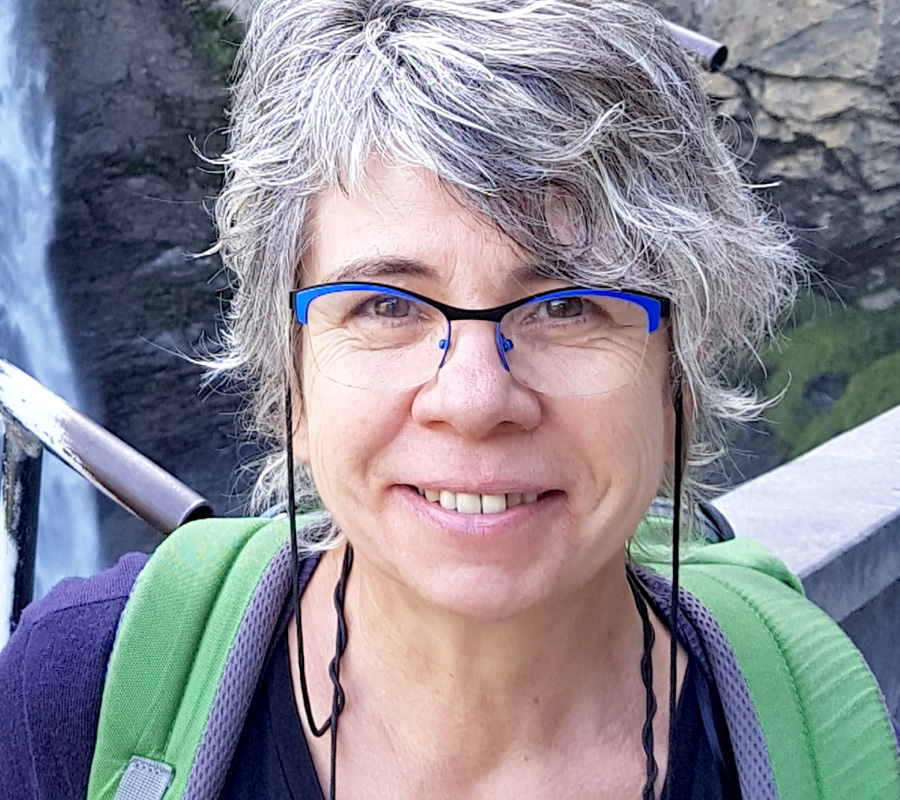
Session 3
Hariet L. Hinz, PhD
CABI, Regional Director Switzerland & The Americas
My training is in horticulture, pest management, applied entomology and ecology, which provides an ideal background for my main research interest, classical biological weed control. I have 28 years of experience in this area, including studies on the biology, host specificity and impact of herbivorous insects, the population biology of plants, invasion ecology, and mechanisms underlying the host-finding and host-choice behaviour of insects. Since 2002 I am an Affiliated Professor at the University of Idaho, where I have co-supervised several MSc and PhD students.
For the last 15 years, I have been the Leader of the Biological Weed Control Programme at CABI in Switzerland. This role involves the oversight for 15-20 weed biological control projects, mainly for the USA and Canada, but also New Zealand and Australia. In 2015 I have been appointed Director of our Centre in Switzerland, and since 2020 I am also responsible for our operation in the Americas (Brazil and Trinidad & Tobago).
Participate in the session Improving host range studies
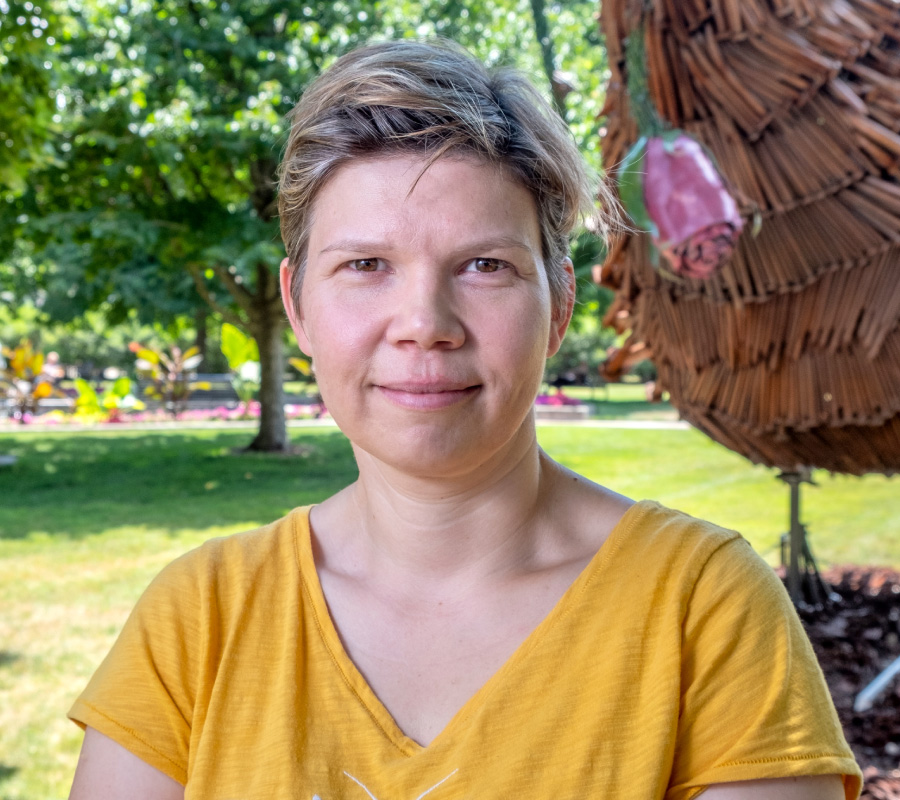
Session 4
Marianna Szűcs, PhD
I am an entomologist and evolutionary ecologist trained at the University of Idaho and at Colorado State University in the USA. Currently, I am an assistant professor at Michigan State University specializing in biological control of weeds and insects. I began my career at CABI Biosciences in Delémont, Switzerland. Here I worked on testing potential biological control agents against invasive weeds. For my PhD I studied rapid evolution and hybridization in a weed biocontrol system. During my postdoctoral research I investigated genetic and demographic factors that influence establishment, population growth and adaptation of populations after introduction to new environments. My research integrates contemporary ecological and evolutionary theory with biological control to increase establishment success and the effectiveness of biocontrol programs. I have published on rapid evolution, the effects of hybridization on fitness and host-specificity in biocontrol agents, the implications of eco-evolutionary dynamics for biocontrol and for establishment success, adaptation, persistence and dispersal of newly founded populations.
Participate in the session Ecology and evolution

Session 5
Sun Yan, PhD
I did my master thesis at the Graduate University of Chinese Academy of Sciences & Wuhan Botanical Institute-CAS on the effects of resource availability on the plant tolerance to herbivory of the invasive plant Alternanthera philoxeroides. My doctoral research, carried out at the CABI Bioscience Centre Switzerland in Delémont and the University of Fribourg, was on ecosystem impact and recovery from invasive plant species, using as a model the European plant Centaurea stoebe L., which has become highly invasive in North America. I also did a postdoc at the University of California on Ambrosia artemisiifolia, trying to disentangle the effects of divergent selection from that of other evolutionary forces with plants from the native (USA) vs. introduced (China) range. My current study interests aim at using Next-Gen Sequencing tools to explore the ecological and evolutionary changes of A. artemisiifolia under climate change and biological control.
Participate in the session Climate change
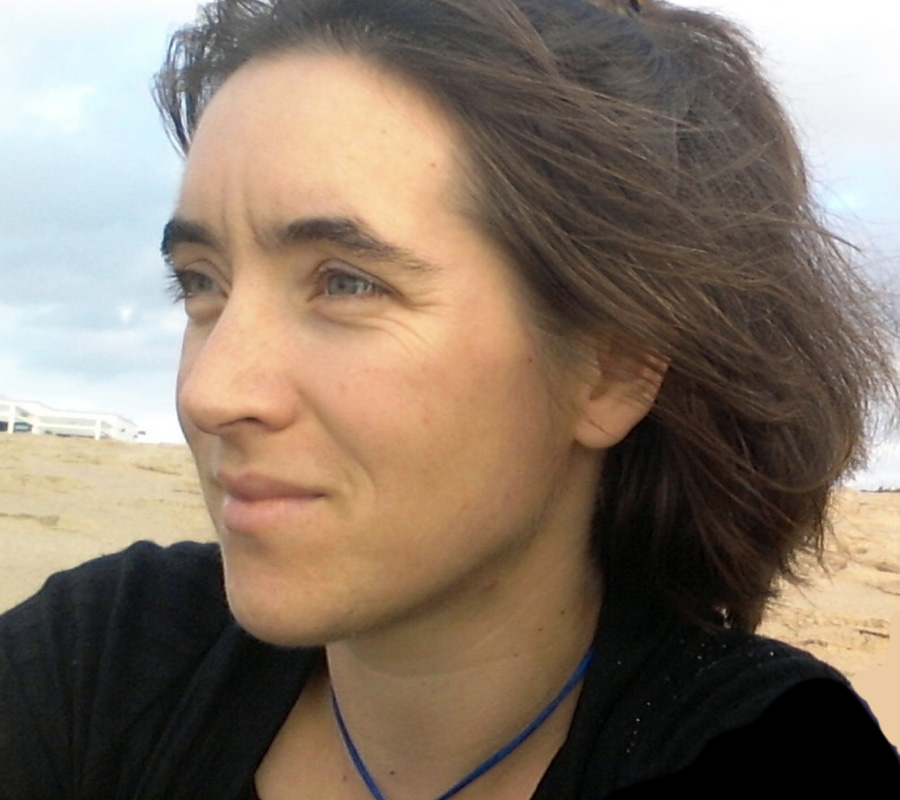
Session 6
Marchante, Hélia, PhD
Biologist trained at the University of Coimbra (Portugal) in Biology, Ecology (MSc) and biological control (PhD), in collaboration with the University of Cape Town (South Africa). I began my career at the Escola Superior Agrária/ Instituto Politécnico de Coimbra, in close collaboration with Centre for Functional Ecology, both located in Coimbra (Portugal). Here I specialized in the area of biological invasions with a particular focus on biological control of invasive plants, such as Acacia spp. I have published on impacts of invasive plants, biological control establishment and specificity testing, dispersion models of both invasive plants and biocontrol agents, ecological networks that interlink target species and biocontrol agents, etc. In parallel, I am also dedicated to citizen science, science communication and consultancy to different stakeholders, always focused on invasive plants and/ or biological control.
Participate in the session Integrating biological control, restoration, and management

Session 7
Shaw, Richard H. Dr.
Dick (Richard) Shaw is the Regional Coordinator for CABI’s invasive species activities for Europe and the Americas as well as being Country Director for CABI’s UK Centre in Egham. At the Egham Centre over 60 staff work on projects related to agriculture and the environment of relevance to both the UK and Countries supported through CABI’s International Development mission. Dick has worked on the biological control of weeds for CABI for 26 years and is an experienced applied entomologist having carried out fieldwork in more than 20 countries. His particular focus has been on weeds that have an impact on aquatic and riparian systems in Europe and the public engagement around weed biocontrol. His favourite weed is Japanese knotweed which he has been studying since the last Century!
Participate in the session Articulating consensus between science and alien weed management

Session 8
Hill, Martin, PhD
Entomologist trained at the Rhodes University, South Africa in entomology. I began my career at the Agricultural Research Council based in Pretoria, but since 2002 I have been based at in the Department of Zoology and Entomology at Rhodes University, Makhanda/Grahamstown, South Africa, and in 2017 established the Centre for Biological Control at Rhodes University and I am the current Director. Here I specialized in the biological control of aquatic weeds, most notably water hyacinth. I have published on all aspects of classical weed biological control from pre-release studies through to post-release evaluation, implementation and cost/benefit studies.
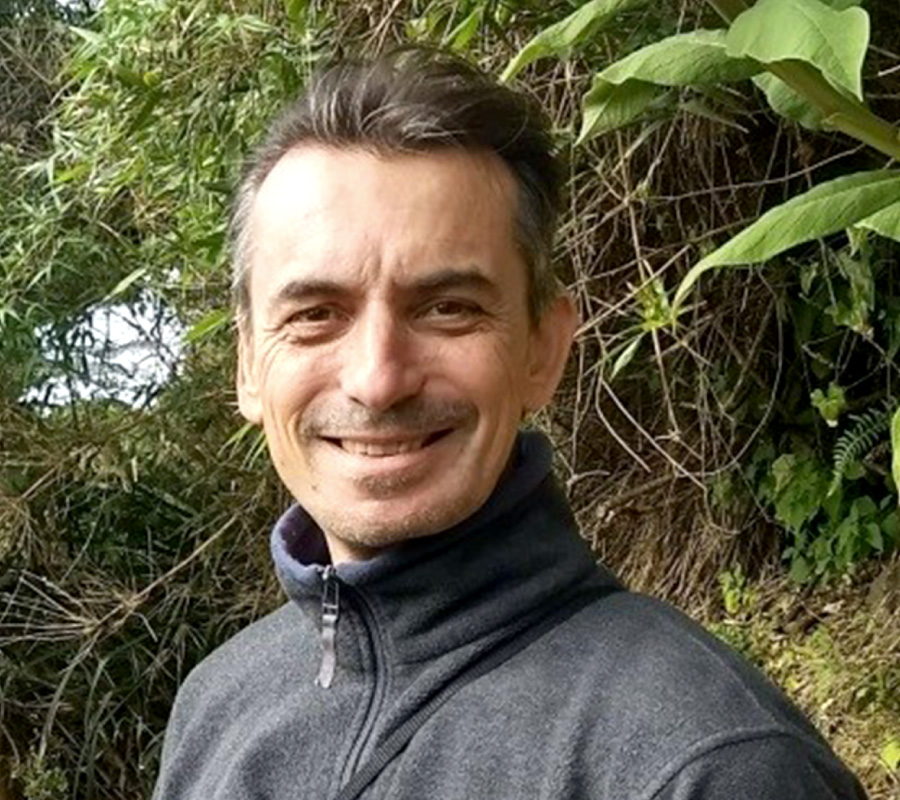
Session 9
Zalba, Sergio Martín, Dr.
Biologist, MSc in Wildlife Management and Dr. in Biology. Professor of Introduction to Biology and Conservation Biology, and researcher of the national council for scientific and technological research (CONICET), based in Bahía Blanca, Argentina. Active participation in training, outreach, planning, governance, development of public policies and management of biological invasions. Responsible of the national database on invasive alien species. I have published mostly on ecology and management of invasive woody plants.
Participate in the session Prospects for weed biological control in South America
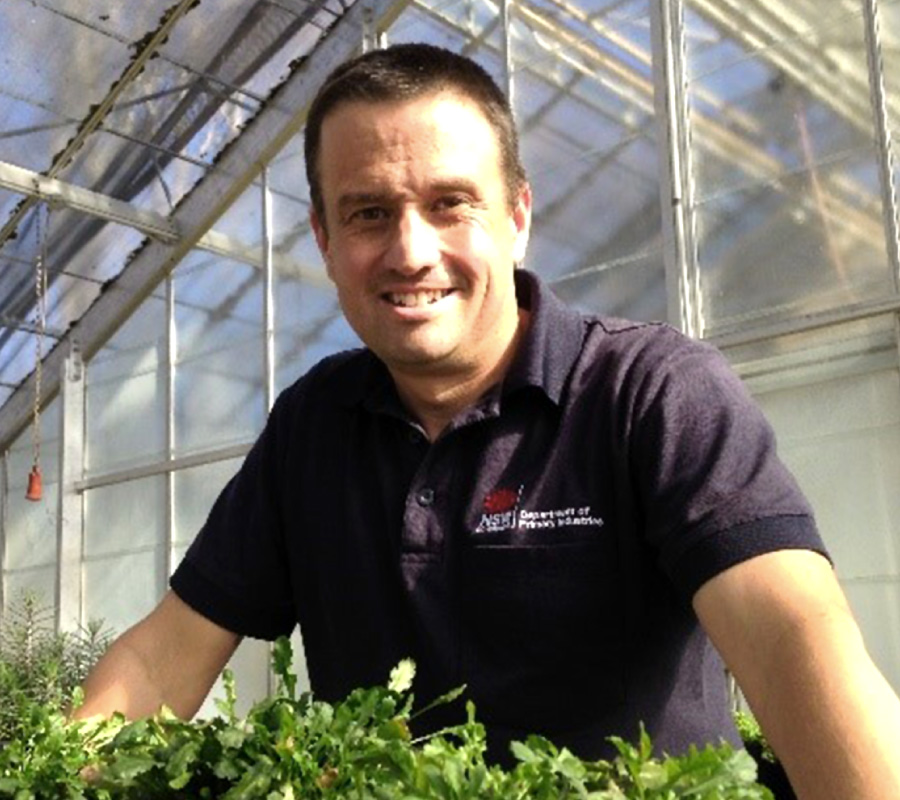
Session 10
McConnachie, Andrew, PhD
Dr Andrew McConnachie is a biologist who trained at the University of the Witwatersrand, Johannesburg, South Africa where he majored in Zoology and Botany and completed his PhD in applied ecology (weed biocontrol). He began his career with the Queensland Department of Natural Resources and Mines (South African Field Station, Pretoria), followed by 10 years at the Agricultural Research Council – Plant Protection Research Institute (Cedara, South Africa). Here he specialized in weed biological control, where he worked on projects to control invasive plants such as Campuloclinium macrocephalum (pompom weed), Parthenium hysterophorus (parthenium weed) and Tradescantia fluminensis (wandering trad). In 2014 he relocated to Australia where he took up a position with the New South Wales Department of Primary Industries. He currently heads up the weed biocontrol team and works on a variety of environmentally and agriculturally important weeds. He has published on insect-plant interactions, insect thermal physiology, invasive plant management and resource economics.
Participate in the session The future in biological control
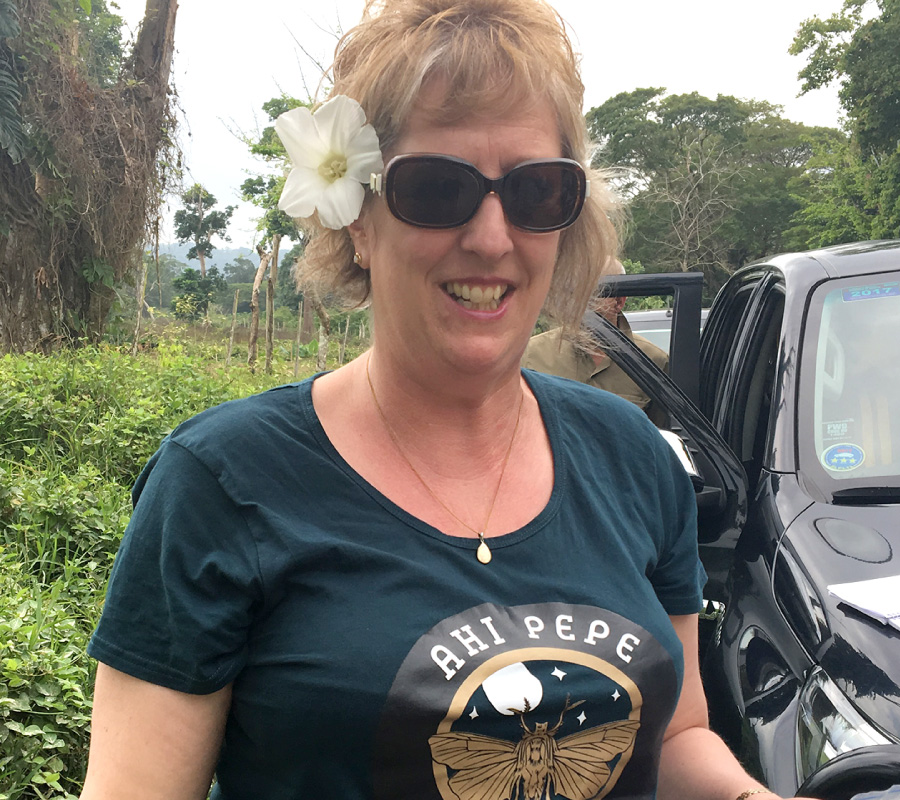
Session 11
Hayes, Lynley, MSc (Hons)
I lead the Biocontrol & Molecular Ecology Team at Manaaki Whenua – Landcare Research in New Zealand. I got involved in weed biocontrol in 1990, initially as a technician, but I soon had the opportunity to manage a technology transfer programme in NZ. This meant working with stakeholders and end-users to fund and implement biocontrol programmes for the weeds of greatest concern to them. We have created an enduring nationwide network of helpers who assist with the release, redistribution, and follow up assessment of biocontrol agents, and also help to promote biocontrol to the wider public. A major focus for me has been popular science communication so our supporters remain informed and up to date, including for nearly 3 decades producing quarterly issues of Weed Biocontrol: What’s New? My focus has recently shifted to the wider Pacific Region where we are helping a number of developing countries with weed biocontrol projects.
Participate in the session Community engagement and education

